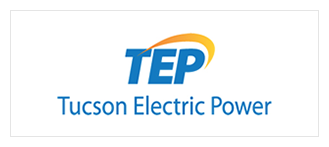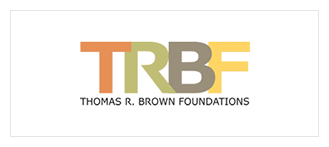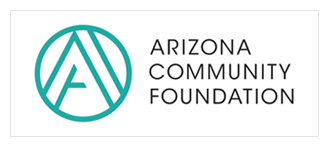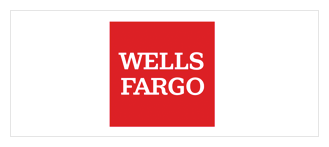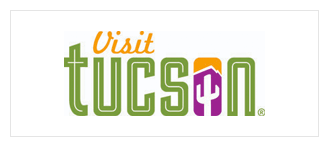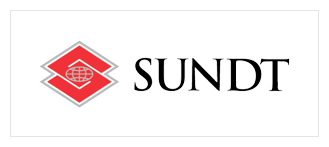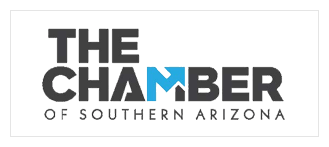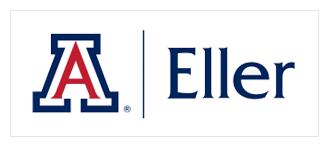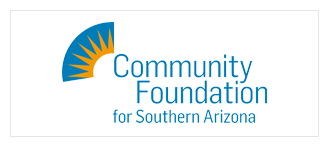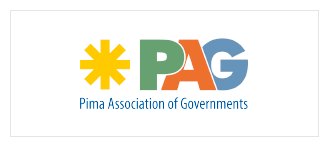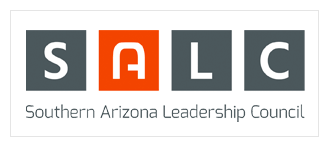Research shows that children who attend a high-quality early education program enter grade school with enhanced pre-reading and basic math skills, a stronger vocabulary, and better socialization skills. In the Tucson Metropolitan Statistical Area (MSA) during 2020, 41.6% of three-to-four-year olds were enrolled in an early education program. That placed Tucson near the bottom among peer western metros (Figure 1). However, according to data reported by the Cradle to Career initiative, that number fell to 23.4% in 2019 when considering only high-quality early education programs in Tucson. The Cradle to Career excludes tribal data and child-parent centers.
Figure 1: Pre K Enrollment
The importance of high-quality early education cannot be overstated. First Things First is devoted to creating a high-quality early childhood system that supports the development, health, and early education of all Arizona’s children birth through age 5. According to their criteria, a high-quality early education program would include: teachers and caregivers who know how to work with children; learning environments that nurture the emotional, social, language, and cognitive development of every child; hands-on activities that stimulate and encourage positive brain connections in child; positive and consistent relations that give young children the individual attention they need; and caregivers who provide regular feedback to parents on the development of their child. Currently, more than 1,000 child care programs in Arizona participate in Quality First.
Dr. James Heckman, a Nobel Memorial Prize winner in economics and an expert in the economics of human development at the University of Chicago, conducts groundbreaking research that shows quality early childhood development heavily influences health, economic and social outcomes for individuals and society at large. Dr. Heckman’s research has found that:
- Those seeking to reduce deficits and strengthen the economy should make significant investments in early childhood education
- Early childhood development drives success in school and life
- Investing in early childhood education for at-risk children is an effective strategy for reducing social costs
- Investing in early childhood education is a cost-effective strategy for promoting economic growth
- Make greater investments in young children to see greater returns in education, health, and productivity
A recent report, “The Long-Term Effects of Universal Preschool in Boston” highlights the long-term impact of high-quality early education programs. The research found that attending a Boston public preschool led to positive long-term impacts on educational attainment as attendees were more likely to graduate from high school and enroll in college. Figure 2, from the report, compares students who randomly won a preschool seat to those who did not win a seat. For example, lottery-winners attending preschool had a 6 percentage point higher chance of graduating high school than students who did not receive a high enough lottery number to attend preschool.
Figure 2: Impact of Boston Public Schools’ preschool program
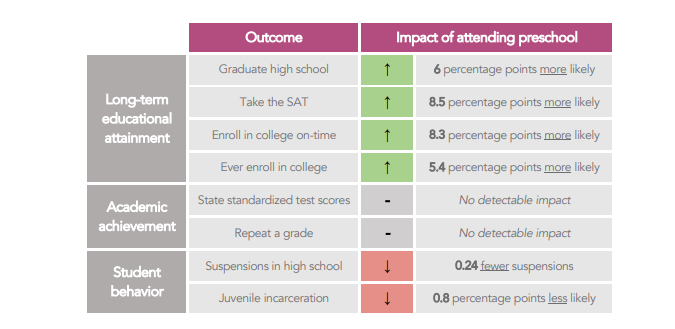
Additional research from their report found that the short-term impacts of preschool are evident in student behavior but not test scores and that the benefits of preschool are larger for boys than girls but did not differ by race and income. The full report and details on the methodology can be found here.
The MAP Dashboard currently explores several measures of education from PreK-12 enrollment to high school graduation rates to educational attainment levels. Additionally, the MAP has funded a white paper on Child Care and Early Education Accessibility in Tucson. The MAP will continue to publish and seek out articles related to the important topic of education. Stay tuned for an upcoming article that explores student achievement data for the Tucson MSA compared to peer western MSAs. This will complement state and county student achievement data that is already available on the MAP.


